Berlin Theorie: Cloutist and Classist
|Andrew Pasquier
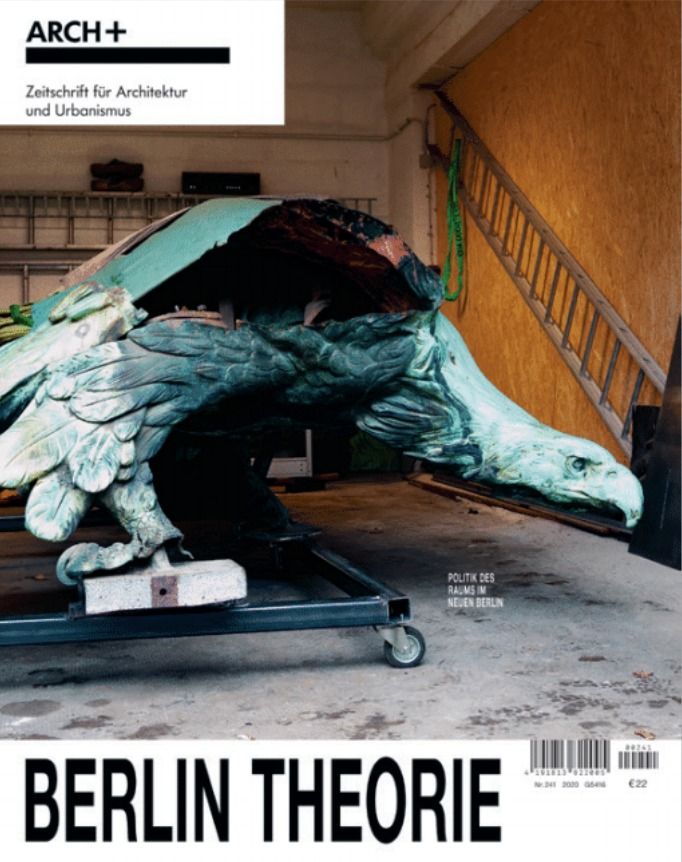
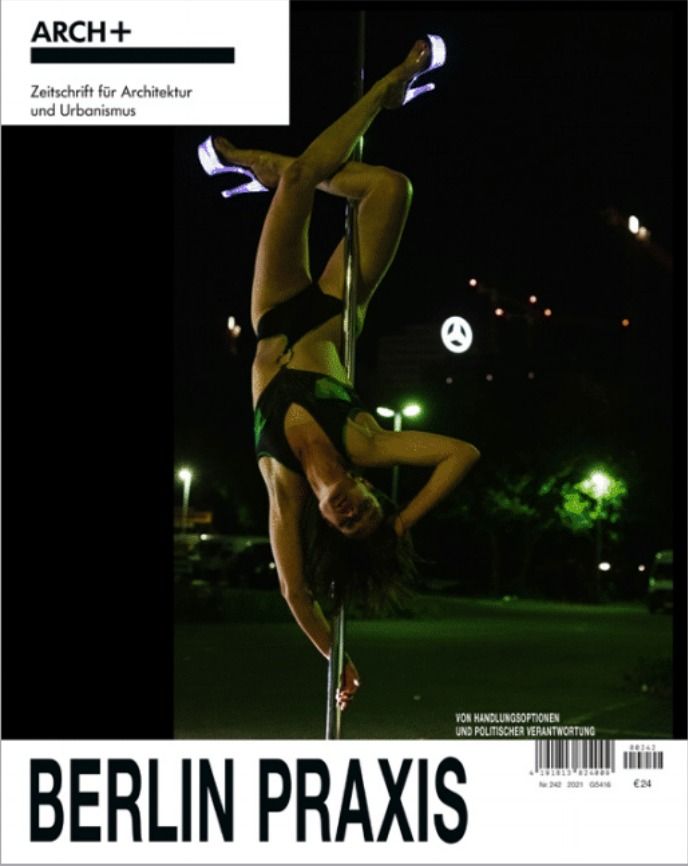
In Berlin, being “poor but sexy” has made a lot of landlords rich. Rent has more than doubled in the last decade and a half as former mayor Klaus Wowereit’s famous 2003 tagline morphed, according to ARCH+ editor-in-chief Anh-Linh Ngo, into a “far-reaching political program” seeking to “economically exploit the myth of a creative Berlin.” The design magazine’s ambitious survey in two parts, Theorie and Praxis, exposes the promotional narratives and architectural forms that have come to characterize urban development over the past three decades in Germany’s once-divided metropolis.
Instrumentalizing the city’s subcultural clout, a new creativity-as-capital marketing strategy filled empty lots with condos and Altbau apartments with transplants, as developers cashed in on the post-reunification boom. The influx of wealth led to anew dominant architectural style that Ngo calls asset historicism: “a marketable faux historic style that wants to convey the impression of value and durability but in effect is cheaply built to serve the interest of short-term profit of global investments. ”It’s a sort of new German classicism that manifests itself everywhere, whether through residential complexes in Mitte, or unsettlingly accurate reconstructions of iconic buildings such as the historic Karstadt department store at Hermannplatz and most egregiously, the imitation-baroque Humboldt Forum on Museumsinsel.
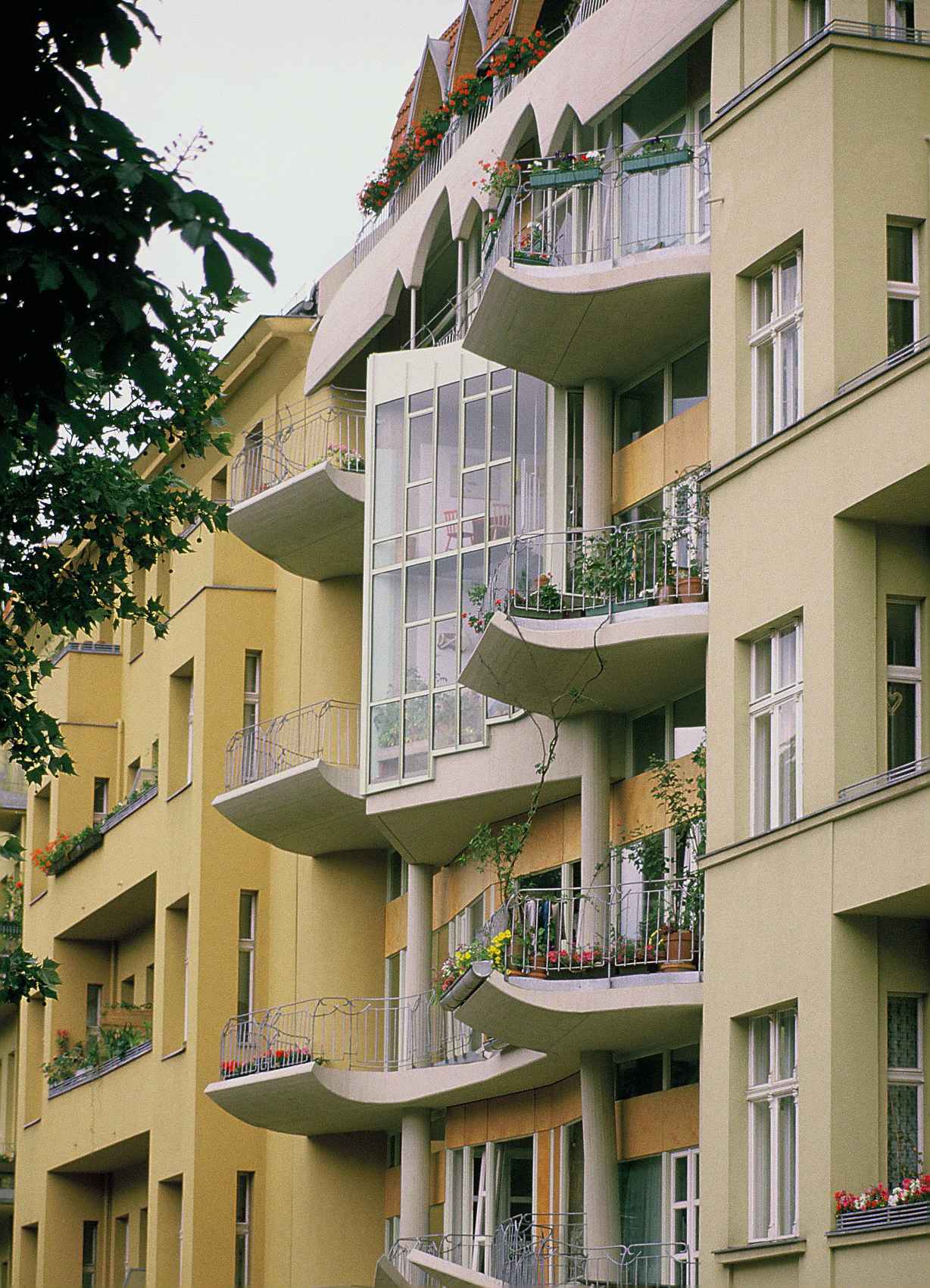
Yet Berlin architecture’s fraught, post-modern obsession with history predates the arrivals of either tech start-ups or techno clubs – and before that, the fall of the Wall. A parallel exhibition and its catalogue Anything Goes?– organized by the Berlinische Gallerie – acts as a prequel to ARCH+’s diagnosis, compiling the under appreciated, “difficult-to-categorize” architecture of the 1970s and 1980s, a period when reunification was still a far-off imaginary, but any Cold War ideological certainty in the promise of modernism had decayed. In contrast to the 21st-century creative-cool branding and asset historicism dissected by Ngo, Anything Goes?offers a pre-hype reminder that, precisely because the city was fragmented and scarred by its past, Berlin’s postmodern reckoning could neither refer to the imperial classicism of Europe’s better-preserved cities nor recycle the roadside vernacular of the capitalist US landscape. Amid the ashes of totalitarianism, there is little to be learned from Las Vegas.
Today, Friedrichstrasse – a former no-man’s-land bisected by the death strip – is lined with glass fronted boutiques and international department stores. If “architectural artifacts are the symbolic medium in which the imaginary of a society becomes tangible,” as Ngo suggests, then there built shopping promenade, as it presently stands, warns of what a continued capitalist logic may still bring to the Berlin city center. The street’s initial redevelopment in the late 80s consisted of interconnected malls designed in reference to 19th-century shopping arcades – a surprising architectural move by the communist GDR, marketing a Parisian sensibility to those seeking commerce and amusement in a city center that, unlike the French capital, was razed by war and division. As ARCH+ uncovers in its indictment of Berlin’s contemporary landscape, these older design gestures blossomed into the “false historic consciousness” that serves to disguise “purely financial interests” today. It appears that real estate developers and politicians alike view cherry-picking symbols from the past as safer means of handling collective memory than forging something radically new. Confronted with the refurbished 18th-century castle that is the new Humboldt Forum – an unsettling and outré homage to German imperialism – one has to wonder why.
In today's media landscape, a book review is often a slap on the back. A handshake among colleagues that says, “well done.” But we have never been afraid to offer critique when critique is due. In our print section Berlin Reviews, we've always tried to take the propositions of a book seriously and push them to their extremes.
Archive Berlin Review from our issue #39.
Credits
- Text: Andrew Pasquier
Related Content
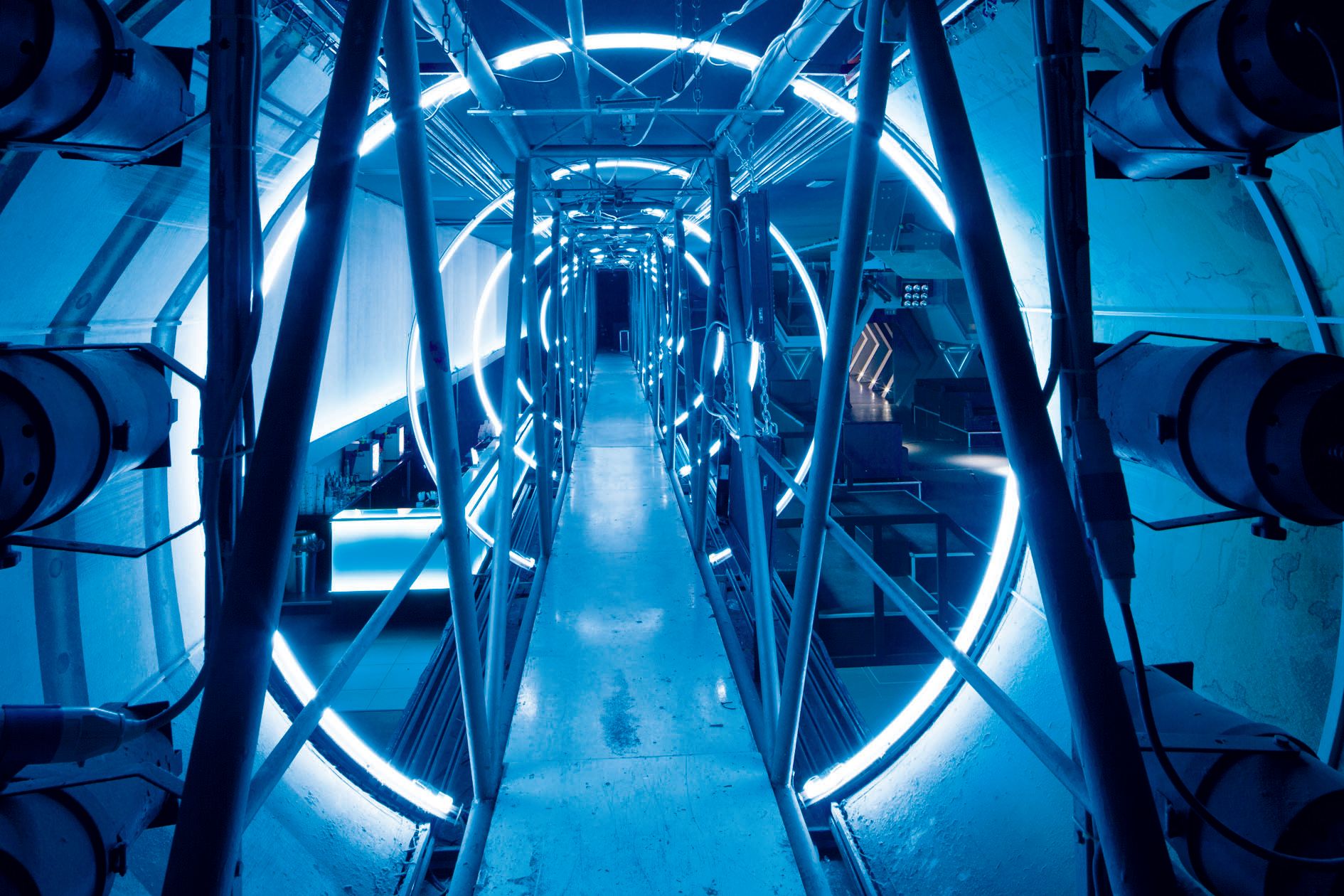
Architecture Invented Italo-Disco

PHYLUM-H: “Medicine, Metaphor, and Architecture”
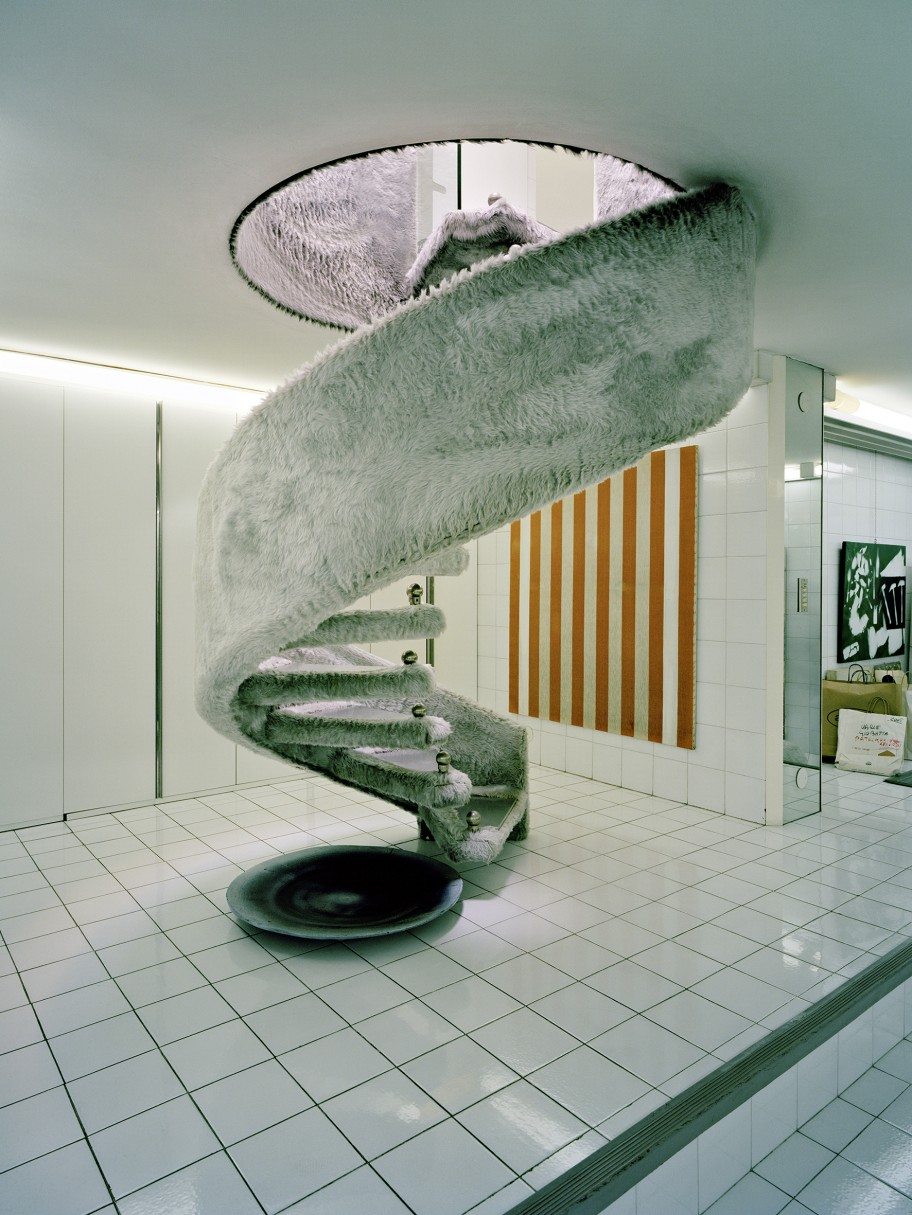
Modernism is Still Here (it’s Just Vacationing in the Italian Alps)
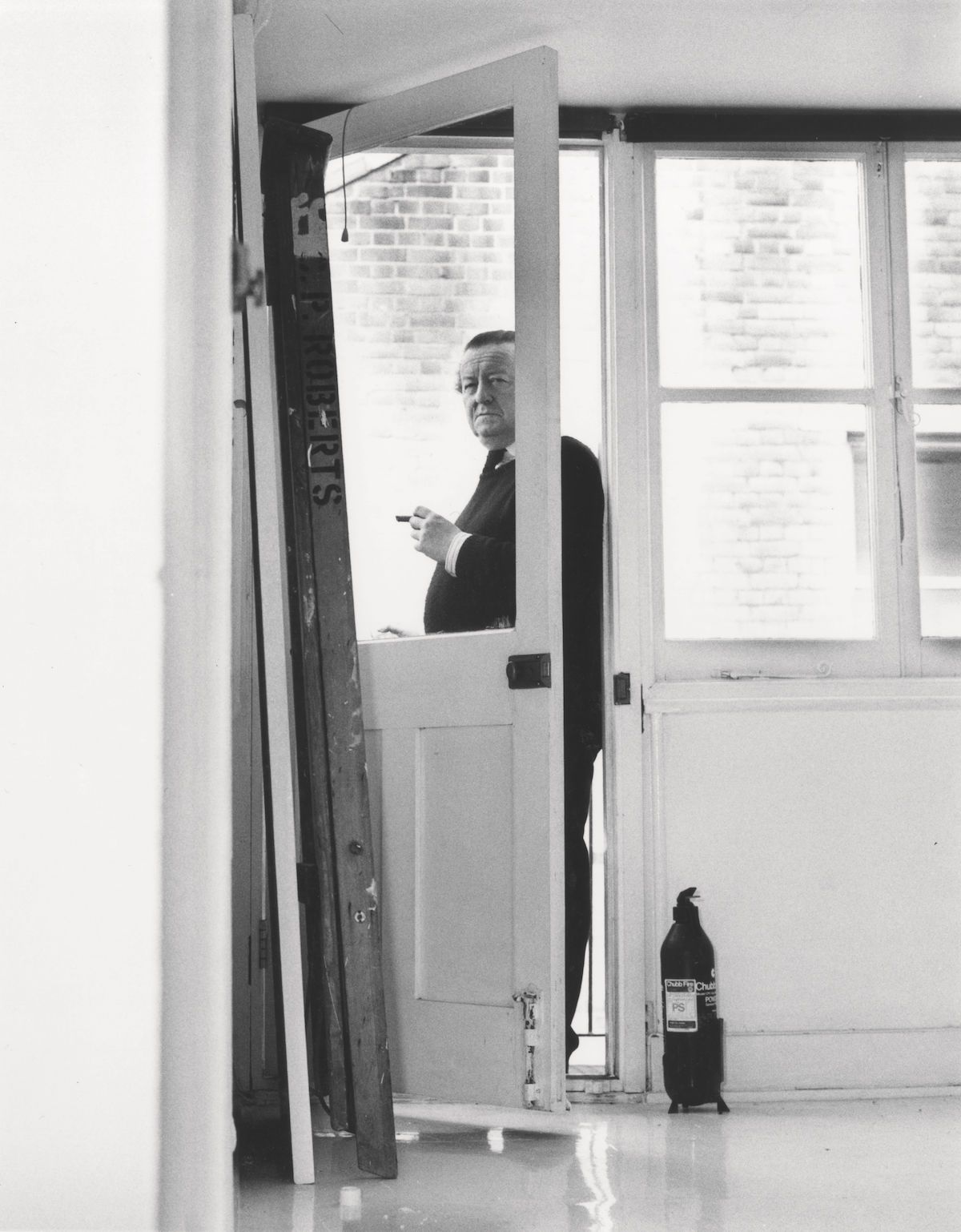
Why Don’t Umbrellas Grow in the Rain? 12 Proclamations by Architect CEDRIC PRICE

JEFF VANDERMEER: Science-Fiction City

BERLIN by RICCARDO TISCI
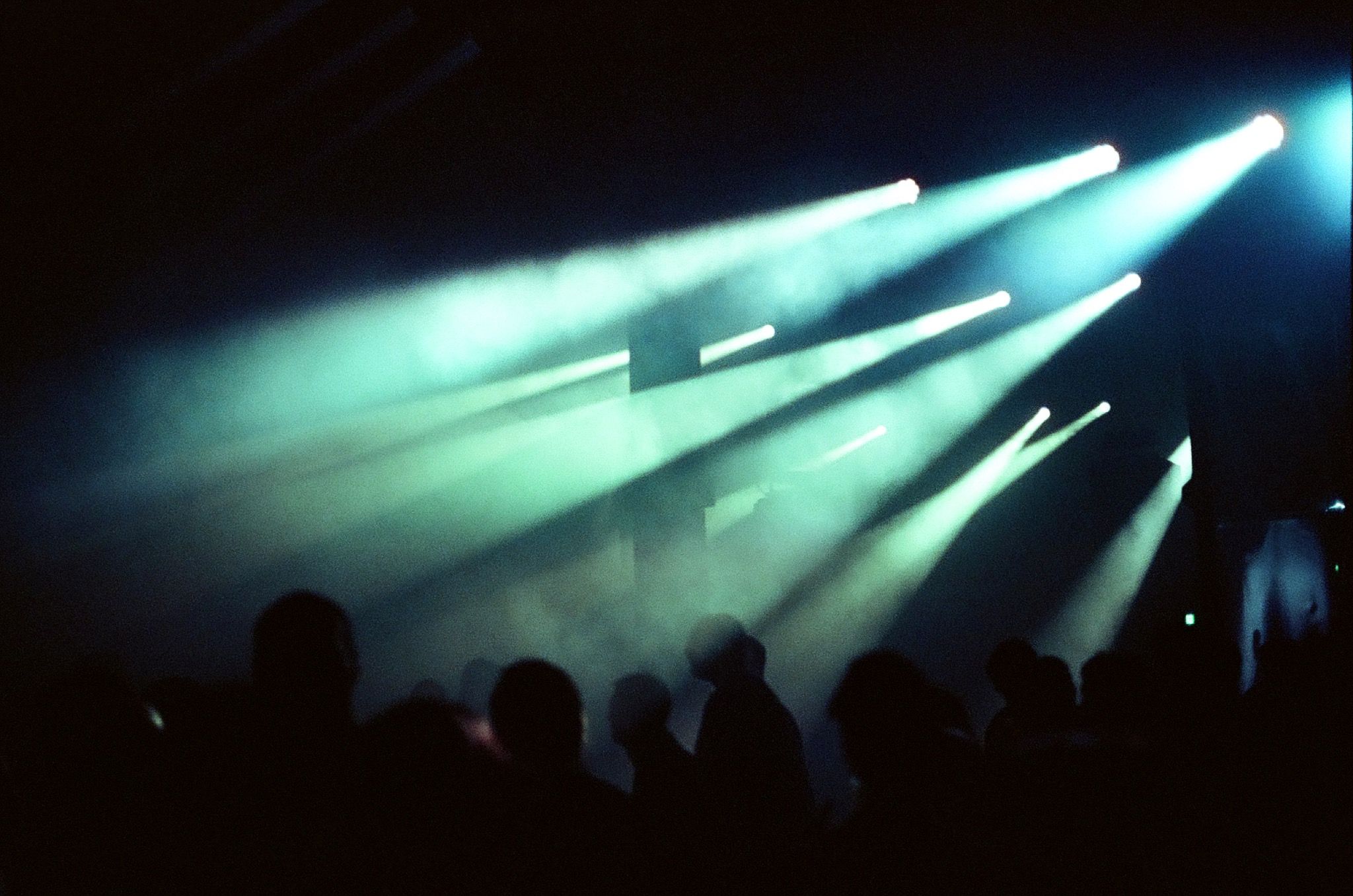
Post-Dance Revolution: Berlin Atonal Returns with Metabolic Rift
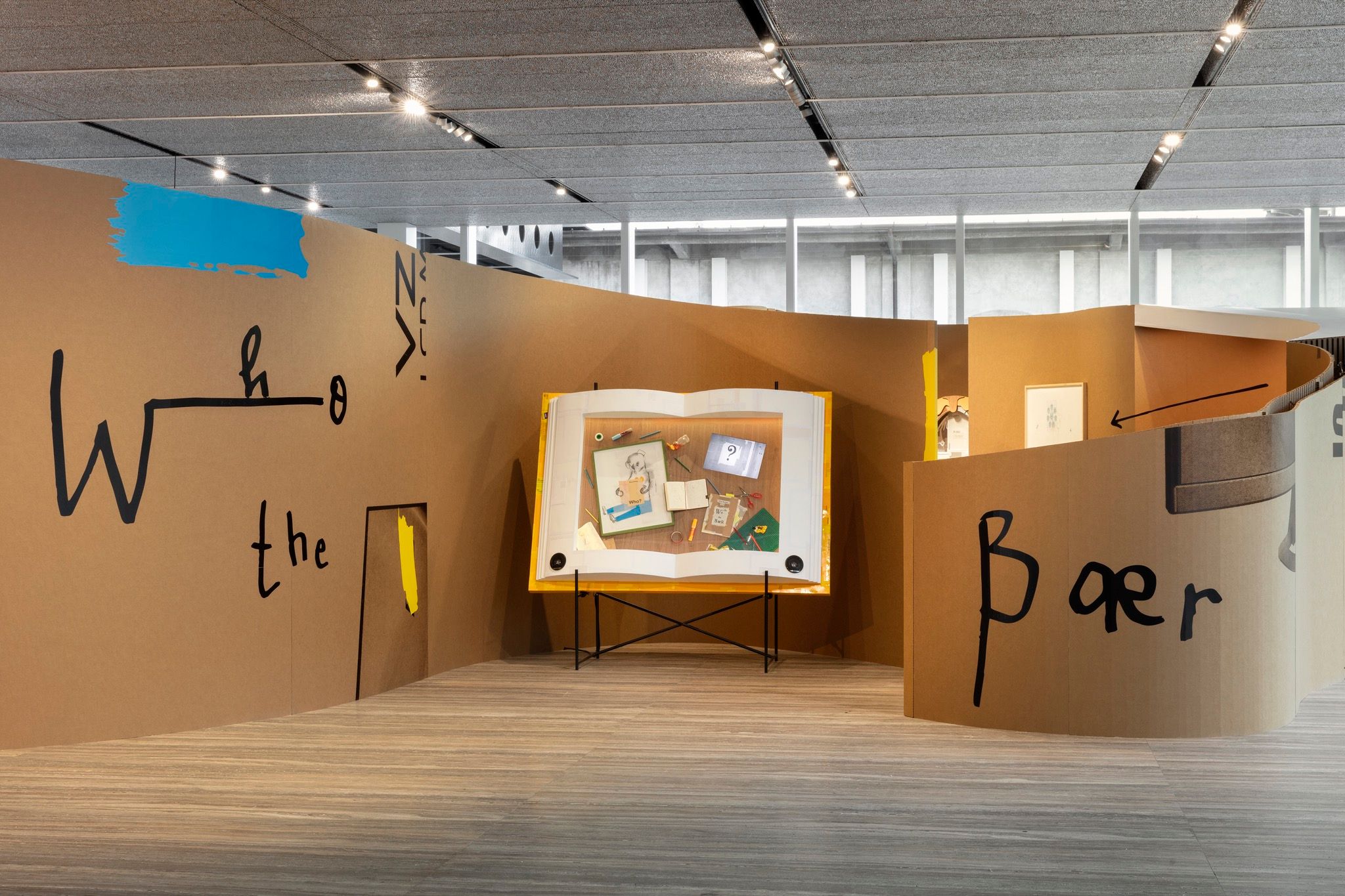
Who’s Who? SIMON FUJIWARA at Fondazione Prada